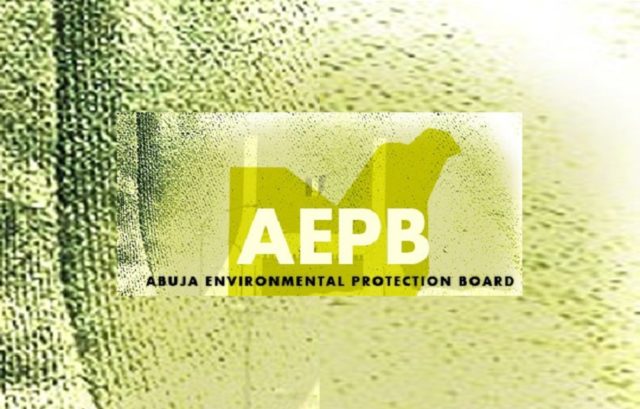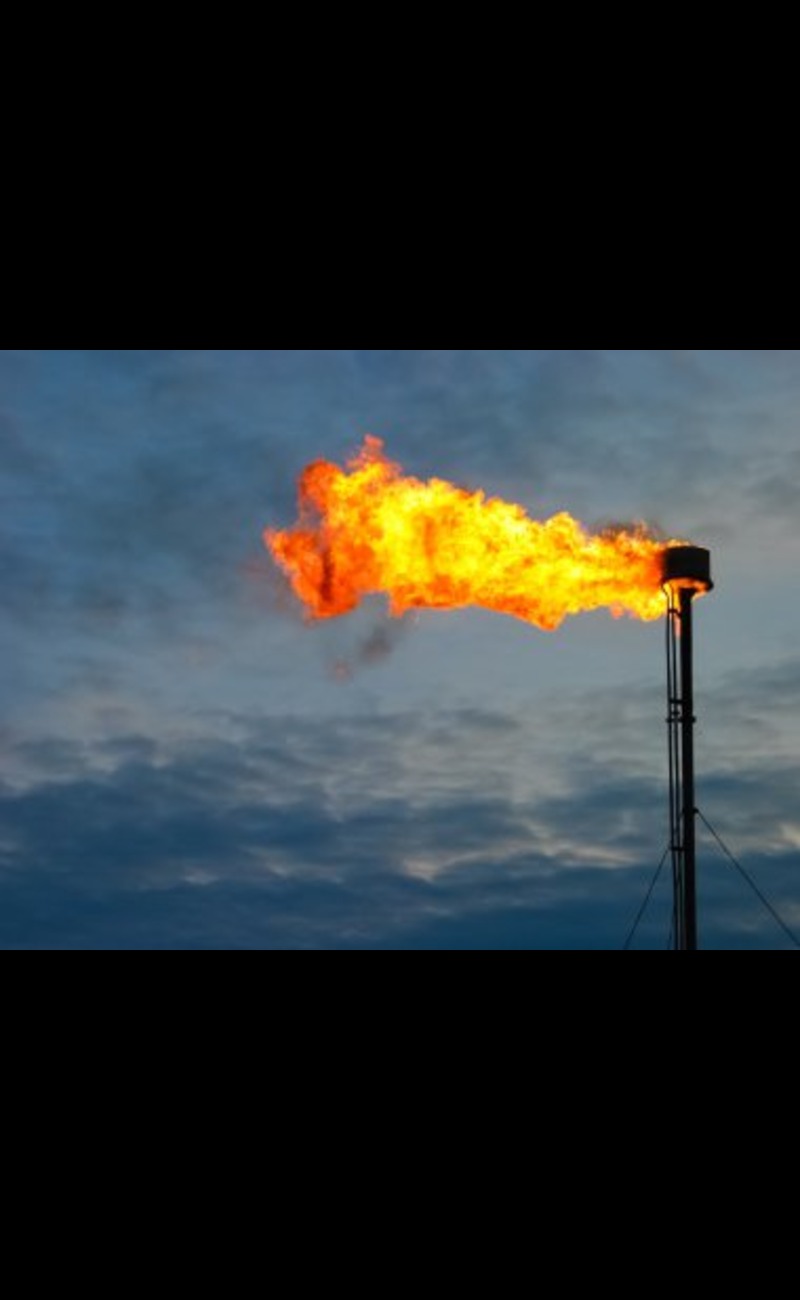Senate seeks reduction in use of diesel at Wupa Sewage Plant Abuja, urges Abuja Environmental Protection Board (AEPB) to commence transitioning to alternative and friendly energy

The Senate, through its Committee on Federal Capital Territory (FCT), has tasked the Abuja Environmental Protection Board (AEPB) to use alternative energy in the operations of the Wupa Sewage Treatment Plant in Abuja.
An initiative the committee said would reduce the cost of using diesel in the plant’s daily operations.
Chairman of the Committee, Senator Smart Adeyemi (APC, Kogi West), who made the call when he led members of the committee on an oversight visit to the plant on Sunday, stated that the use of alternative energy would save more money for the agency.
“I do not think it is proper to continue to run diesel when we are gifted here in the North to have a solar plant. It is not economically wise, and to me, it’s not something that should be encouraged than to embark on solar power plant that will carry this system at a lesser cost. All these systems should go solar because there is a worldwide recession, and diesel will not give room for efficiency, but corruption because no matter how you want to do it, corruption will come in.
Let us start thinking before this administration will go. We can start the process of putting solar plants, alternative energy; friendly energy,” Adeyemi said.
Speaking on the function of the plant, AEPB Director, Engineer Braimah Osilama said that, as of September, the agency received about 43,000 cubic metres of sewage in the plant, while also expressing concern over the huge cost of running the plant.
“We treat and discharge into the Wupa river. It is a biological treatment system; no chemicals are used at all,” he noted. “The huge cost in treatment plants like this in terms of operation and maintenance is the energy cost and Wupa at the moment is functioning on two generators permanently. Each one consumes about 140 litres of diesel per hour and we don’t shut down at all.”
Osilama , however, said that the agency was on a project geared toward solving the problem. “There is a project now to solve this problem. We created a dedicated line to serve Wupa so that the generator will now serve as backup.”
The Executive Secretary of the Federal Capital Development Authority (FCDA), Shehu Ahmad, noted that the Authority was in advanced stage of discussions with investors on Captive Power on some critical infrastructure.
“A captive power plant is a facility that provides a localised source of power to an energy user,” he said.
He explained that the treatment plant and some other street lights were areas that the Federal Capital Territory Administration (FCTA) hds identified and earmarked as critical infrastructure.
“These are areas in which we are discussing with investors who have come to provide captive power,” he said.



